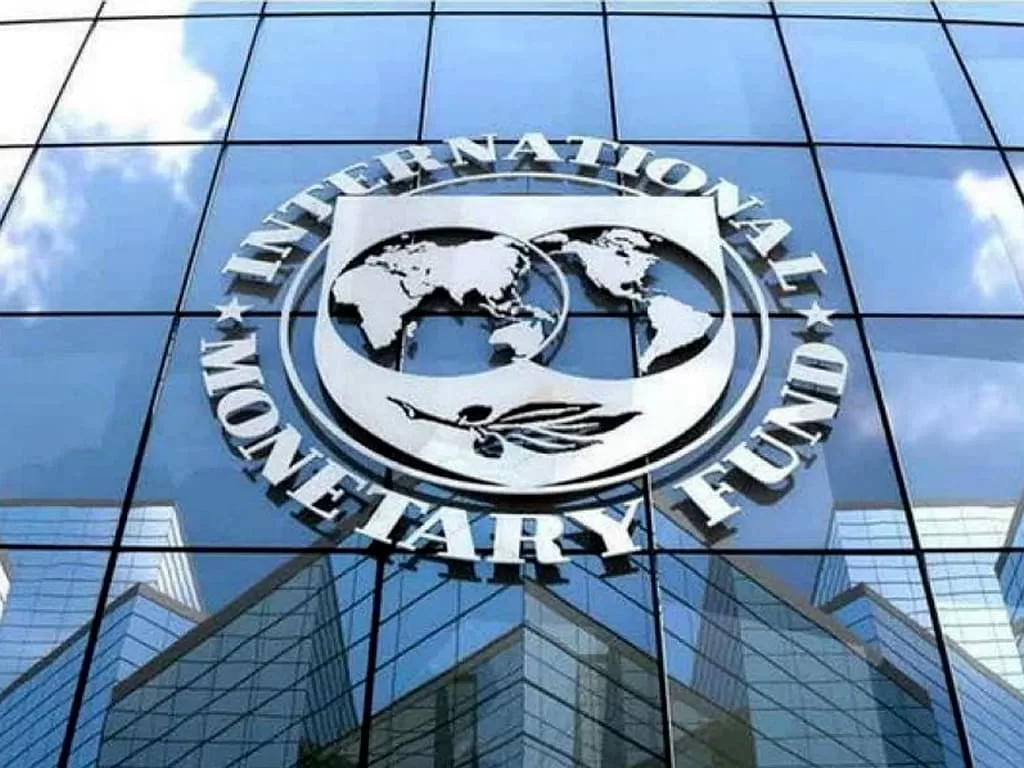In 2025, Nigeria’s average income per person dropped to $835.49, a 4.73% decrease from $877 in 2024, according to the IMF Report.
This decline further worsened living standards amid the persistent cost-of-living crisis.
With the exchange rate at ₦1,500 to one US dollar, the typical Nigerian now earns just ₦1.25 million annually.
However, the recent gains in the naira have provided a slight improvement.

The reduction in per capita income reveals that economic growth has not kept pace with population growth, directly reflecting a broader decline in living standards.
In 2014, Nigerians earned an average of $3,223, but the income has now plummeted by over 70%, reaching its lowest point since 2004.
The sharp drop highlights the fragility of the economy, which policymakers have weakened over the past decade, worsening the country’s economic conditions.
Read Also: Naira Closes Flat As CBN Grants BDC Extended FX Access To Dollar Until May 2025
While Nigeria’s income has fallen dramatically, neighbouring West African nations like Ghana and Côte d’Ivoire have seen modest gains, thus widening the gap.
Impact On Nigerians
The impact of Nigeria’s declining income reaches far and wide: lower purchasing power deepens poverty and inequality, and weak consumer demand stifles business growth.
Furthermore, skilled professionals are increasingly seeking better opportunities abroad, contributing to the country’s growing brain drain.
As a result, the ongoing economic crisis paints a bleak picture for the future.
Nigerians face an uncertain road ahead as their livelihoods continue to shrink.

